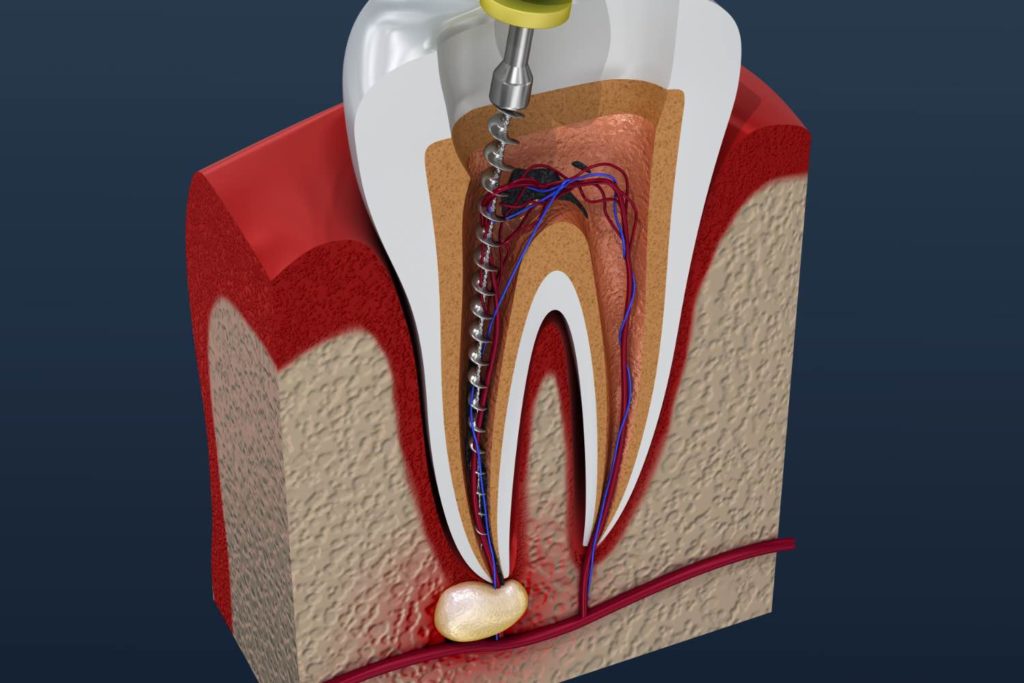
Chances are that you’ve heard horror stories about root canals, but thanks to modern dentistry, they’re surprisingly easy. In fact, they’re the best way to get you out of pain fast when you have a severe toothache! But what about the recovery process? And when can you return to work after the procedure? Keep reading for the answers to these questions and find out what you can expect from root canal therapy in Worcester.
How Long Does It Take To Recover After a Root Canal?
Compared to more invasive procedures like extractions, recovering after a root canal is much faster and easier. Although you’ll be numb for 2-3 hours after your appointment, many people return to work or other activities the same day. However, to avoid unknowingly biting your lip or cheek, it’s best not to eat anything until your numbness has worn off.
Also, you may have mild discomfort or sensitivity for a few days after the procedure, which is easily managed with over-the-counter pain medication. This is fairly common and occurs as the inflammation that was previously in the tooth subsides. If you have any pain that persists after three days, give your dentist a call. It’s also helpful to keep the area clean with good brushing and flossing and also chew on the opposite side for the first few days.
What Is the Root Canal Procedure Like?
Root canal therapy can be done by general dentists, but you’ll get specialized care from an endodontist in Worchester because they’ve completed years of advanced training to perform the procedure. Here are the basic steps involved:
- The first step is completely numbing your tooth to keep you comfortable throughout your appointment.
- Then a very small opening will be made in the top of your tooth to allow access to the nerve canal.
- The infected nerve tissue will be removed and the canal will be thoroughly cleaned out.
- Next, the pulp tissue will be replaced with a rubbery material called gutta percha before the top of the tooth is sealed over with tooth-colored cement.
In the majority of cases, a dental crown is recommended in the coming weeks after a root canal. Since the tooth’s blood supply is removed, it naturally becomes brittle and can break easily from chewing forces. A crown will restore the tooth’s strength and help it function for many years.
Root canal therapy not only relieves the pain from a toothache but also prevents the need to extract a damaged tooth. And with such a fast, easy recovery, the disruption to your life will be minimal!
About the Author
Dr. Monaf Alyassi is an endodontist and a graduate of the Boston University School of Dental Medicine. He provides top-notch, comfortable care throughout the entire root canal procedure. And, with advanced training, he’s able to ensure a smooth recovery and get his patients back to full health right away. If you’d like to know more about root canal therapy in Worcester or have any questions, he can be reached via his website.

